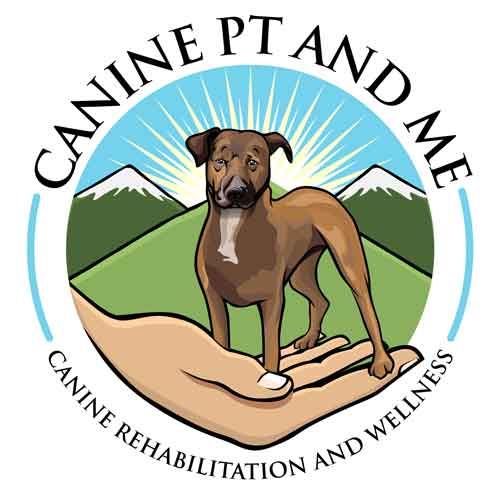What is considered a healthy weight?

Everyone has seen those Dachshunds that are a little too plump, right? Instead of a wiener dog, they become more like a sausage. That’s not to say that all breeds, sizes, and ages of dogs can’t gain weight…they can! Unfortunately, this widespread issue of obesity is one of the most preventable with our pups. So how do we know what is an ideal weight for our dog? The Body Condition Score (BCS) is a scale from 1 to 9 where 5 or 6/9 is the ideal body weight for each individual dog. As the number increases and gets closer to 9, that means the dog is overweight or obese. At each veterinary and canine rehabilitation visit, your veterinary professional keeps track of the BCS of each patient.
Effects on the body
Similar to people, it’s not healthy for our pups to carry extra pounds on the body. Each dog’s frame is only equipped to handle so much tissue, fat, and muscle. If there is extra weight, it increases the dog’s risk of developing arthritis and more medical problems especially as they age. Additional pounds can shorten the dog’s lifespan. This is due to added health issues such as high blood pressure, heart disease, skin problems, kidney disease, and several more. As dogs get older, their metabolism slows down and their activity level can decrease. This makes it harder for them to lose weight.
How can I help my dog?
The fact of the matter is that WE are in control of our dog’s body weight, not them! As a pet parent, it is up to us to monitor the amount of food and treats that we give our pups. More often than not, we feel that showing them our love means giving them food. Therefore, the first step you can do to reduce the amount of calories your pup receives is by cutting back on table scraps and treats. A substitute for higher calorie treats could be carrots, apples, cucumbers, etc. Please speak with your primary veterinarian regarding food modifications and diet plans to decide what approach is best for your dog!

How does this relate to canine rehabilitation?
Your dog might be struggling with lameness (limping) or already has arthritis that’s affecting their mobility. It’s a priority to consider how extra weight contributes to their recovery. As discussed above, extra pounds can be detrimental to your dog’s overall health especially as they are rehabilitating an injury or surgery. With additional weight on the dog’s frame, it negatively affects their endurance and cardiovascular abilities. What would normally be considered half of a treatment session to a dog with a 5/9 BCS might be a full session to a dog with a BCS of 7/9. For example, they fatigue faster. Or, they cannot participate in as many exercises and they require more frequent rest breaks. In turn, all of these things delay their recovery.
Exercise is very important for dogs of all ages and body conditions. For instance, daily walks, playing fetch, and running around a dog park are examples of every day activities. Sometimes, shorter walks are required if your dog is fatiguing or not able to go as far as they used to. Motion is lotion so despite the speed of your daily walk, your pup is still exercising. Keep these tips in mind as your dog ages to prevent unnecessary weight gain.
~Canine PT and Me Team
